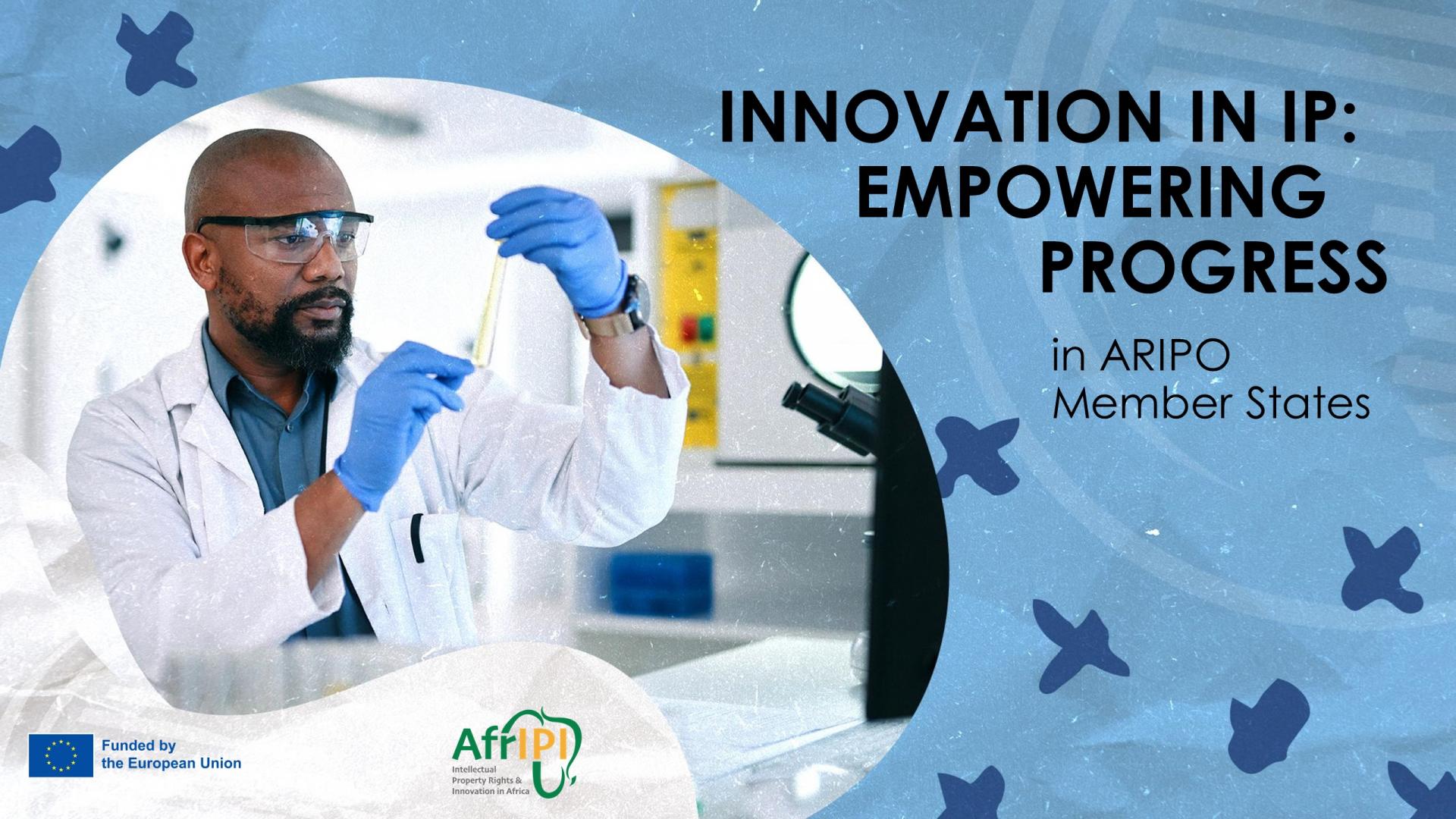Innovation in IP: Empowering Progress in ARIPO Member States

In the ever-changing landscape of intellectual property (IP) rights, African Regional Intellectual Property Organization (ARIPO) member and observer states acknowledge the tremendous potential of innovation in driving economic growth and societal progress.
Spanning a vast area with a combined population of 230 million people and a GDP of USD 368 billion, ARIPO's member states possess enormous potential. Even though the continent is rich in innovation and creativity, the limited use of the IP system has prevented it from reaching its full potential value.
Challenges and Opportunities in IP Protection
ARIPO member states face challenges due to the complexity of IP laws and the lack of harmonisation across the continent. The diversity of legal frameworks can be daunting for inventors and businesses seeking to protect their innovations regionally. However, ARIPO's efforts to develop an effective IP system and introduce practical guidelines for universities and research institutions in collaboration with WIPO are steps towards streamlining the process and encouraging consistent practices. As education on IP is paramount, AfrIPI also works to boost African innovation through awareness sessions to promote the importance of IP in universities, including how to conduct IP searches for patents, trade marks, industrial designs and other forms of registrable IP.
Counterfeiting remains a significant concern in African countries, posing threats to consumers and legitimate businesses alike. Not only does it stunt creativity, but it also causes serious health risks. The rise of counterfeit pharmaceuticals is particularly alarming, jeopardising public health and safety. Governments and IP offices must enforce IP rights and collaborate to combat illicit trade. By embracing innovation and using IP to protect and commercialise new technologies and products, businesses can gain a competitive advantage in domestic and international markets.
Promoting a Culture of Innovation
ARIPO's roving seminars and IP training courses have been instrumental in disseminating knowledge about the benefits of strategic IP use. Further efforts are needed to promote a deeper understanding of IP's role in fostering innovation, business growth, and economic sustainability. Effective enforcement of IP rights is a cornerstone of an advanced innovation ecosystem. Policymakers must focus on establishing specialised IP courts and strengthening IP offices to handle cases promptly and efficiently. ARIPO states must work together to support relevant research programs, encourage technology transfer agreements, and promote the strategic use of IP in academia and businesses.
With over 50 territories, registering a trade mark across Africa can feel overwhelming,